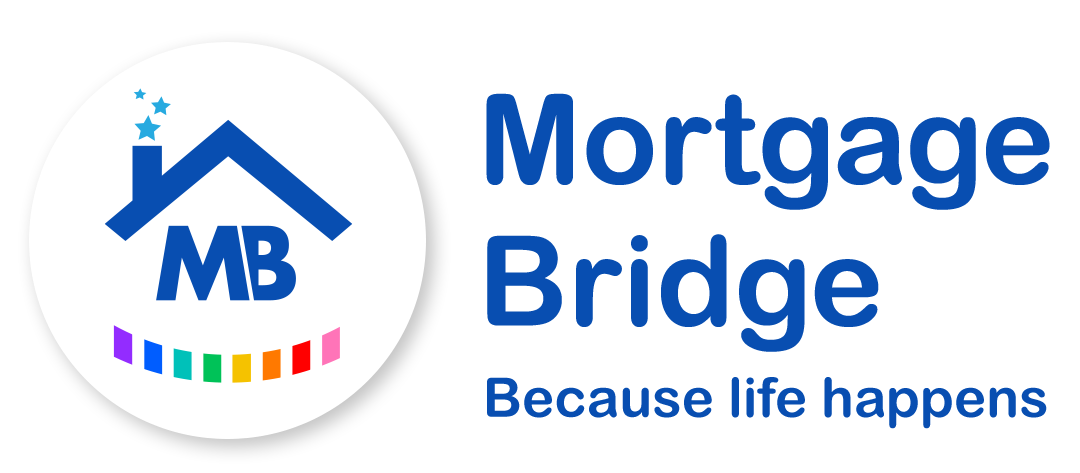Introduction:
Purchasing a home is a significant milestone for many people. However, what if one person involved in the mortgage application has bad credit? Can you still secure a mortgage under such circumstances? In this post, we will explore the possibilities and options available to individuals with bad credit who are looking to obtain a mortgage in the United Kingdom.
Understanding Credit Scores:
Credit scores play a crucial role in the mortgage application process. They are numerical representations of an individual’s creditworthiness, indicating their ability to repay debts. Credit scores are typically determined by credit reference agencies, such as Experian, Equifax, and TransUnion, based on factors like payment history, outstanding debts, credit utilization, and public records.
The Impact of Bad Credit on Mortgage Applications:
Having bad credit can make obtaining a mortgage more challenging. Traditional lenders often consider creditworthiness as a significant factor in approving mortgage applications. A low credit score may result in higher interest rates, limited borrowing options, or even rejection of the mortgage application.
Options for Obtaining a Mortgage with Bad Credit:
1. Specialist Bad Credit Mortgage Lenders:
Several specialist mortgage lenders cater specifically to individuals with bad credit. These lenders are more flexible in their underwriting criteria and consider a broader range of factors when assessing mortgage applications. While interest rates may be higher compared to standard mortgages, these lenders provide opportunities for individuals with bad credit to secure a mortgage.
2. Improve Your Credit Score:
If one person on the mortgage application has bad credit, it may be beneficial to work on improving their credit score before applying for a mortgage. This can be done by paying bills on time, reducing existing debts, and correcting any errors on credit reports. Taking these steps can help raise the credit score and increase the chances of obtaining a mortgage with better terms and conditions.
3. Increase the Deposit Amount:
Having a larger deposit can sometimes compensate for bad credit. A larger deposit reduces the loan-to-value ratio, making the mortgage less risky for lenders. By increasing the deposit amount, individuals with bad credit may have a better chance of securing a mortgage or accessing more favourable interest rates.
4. Seek Independent Mortgage Advice:
Working with an independent mortgage advisor can be beneficial, especially for individuals with bad credit. These professionals have access to a wide range of mortgage products and lenders, including those that specialize in catering to individuals with adverse credit. They can provide personalized guidance and help identify the best mortgage options based on individual circumstances.
Conclusion:
While bad credit can present challenges when applying for a mortgage, it doesn’t necessarily mean that homeownership is out of reach. By exploring specialist lenders, improving credit scores, increasing the deposit amount, and seeking independent advice, individuals with bad credit can increase their chances of obtaining a mortgage and achieving their homeownership goals. Remember, it’s crucial to assess individual circumstances and consider the options available before proceeding with a mortgage application.


